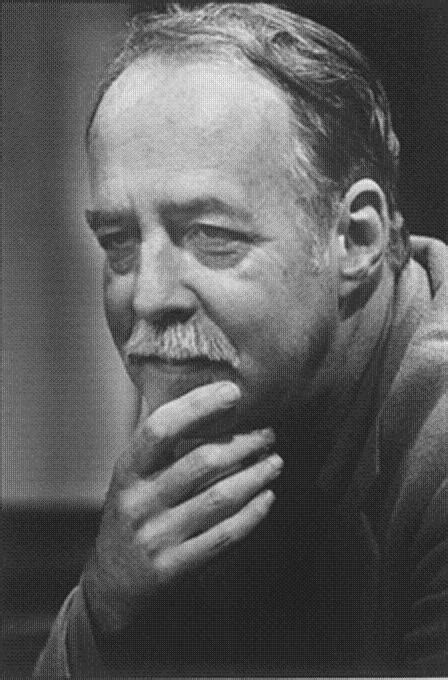A Quote by William Matthews
God has so framed us as to make freedom of choice and action the very basis of all moral improvement, and all our faculties, mental and moral, resent and revolt against the idea of coercion.
Related Quotes
Fear, coercion, punishment, are the masculine remedies for moral weakness, but statistics show their failure for centuries. Why not change the system and try the education of the moral and intellectual faculties, cheerful surroundings, inspiring influences? Everything in our present system tends to lower the physical vitality, the self-respect, the moral tone, and to harden instead of reforming the criminal.
There can be no truly moral choice unless that choice is made in freedom; similarly, there can be no really firmly grounded and consistent defense of freedom unless that defense is rooted in moral principle. In concentrating on the ends of choice, the conservative, by neglecting the conditions of choice, loses that very morality of conduct with which he is so concerned. And the libertarian, by concentrating only on the means, or conditions, of choice and ignoring the ends, throws away an essential moral defense of his own position.
God doesn't help. I think that's a knockdown argument. I think that it really shows that whatever moral knowledge we have and whatever moral progress we make in our knowledge or whatever progress we make in our moral knowledge is not coming really from religion. It's coming from the very hard work really of moral philosophy, of trying to ground our moral reasonings.
Every day we make our way through a moral forest, along pathways ever branching. Often we get lost. When the array of paths before us is so perplexing that we can't make a choice, or won't, we can hope that we will be given a sign to guide us. A reliance on signs, however, can lead to the evasion of all moral obligations, and thus earn a terrible judgment.
God has formed us moral agents... that we may promote the happiness of those with whom He has placed us in society, by acting honestly towards all, benevolently to those who fall within our way, respecting sacredly their rights, bodily and mental, and cherishing especially their freedom of conscience, as we value our own.
The moral absolutes rest upon God's character. The moral commands He has given to men are an expression of His character. Men as created in His image are to live by choice on the basis of what God is. The standards of morality are determined by what conforms to His character, while those things which do not conform are immoral.
I'm not saying that atheists can't act morally or have moral knowledge. But when I ascribe virtue to an atheist, it's as a theist who sees the atheist as conforming to objective moral values. The atheist, by contrast, has no such basis for morality. And yet all moral judgments require a basis for morality, some standard of right and wrong.






































